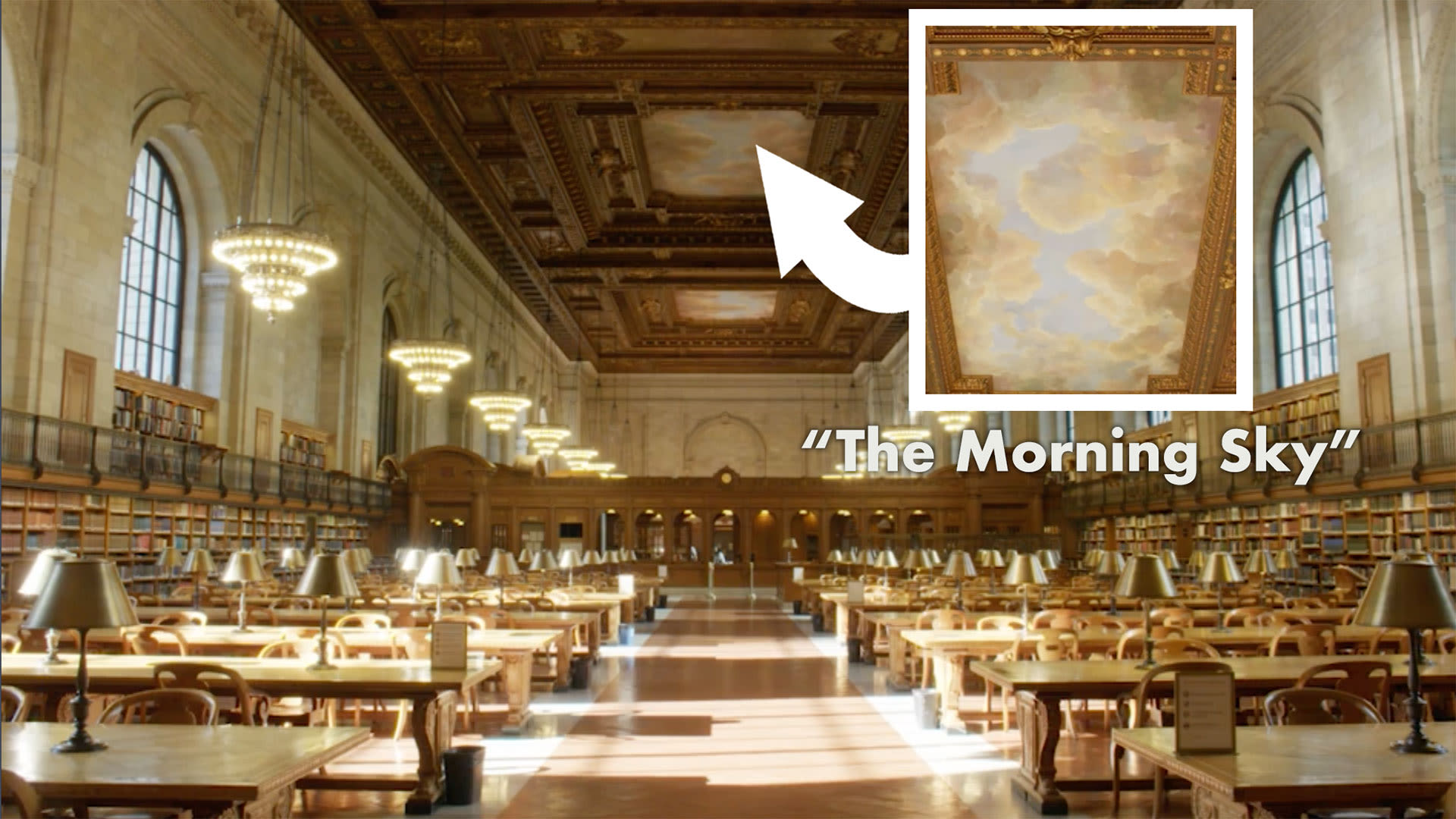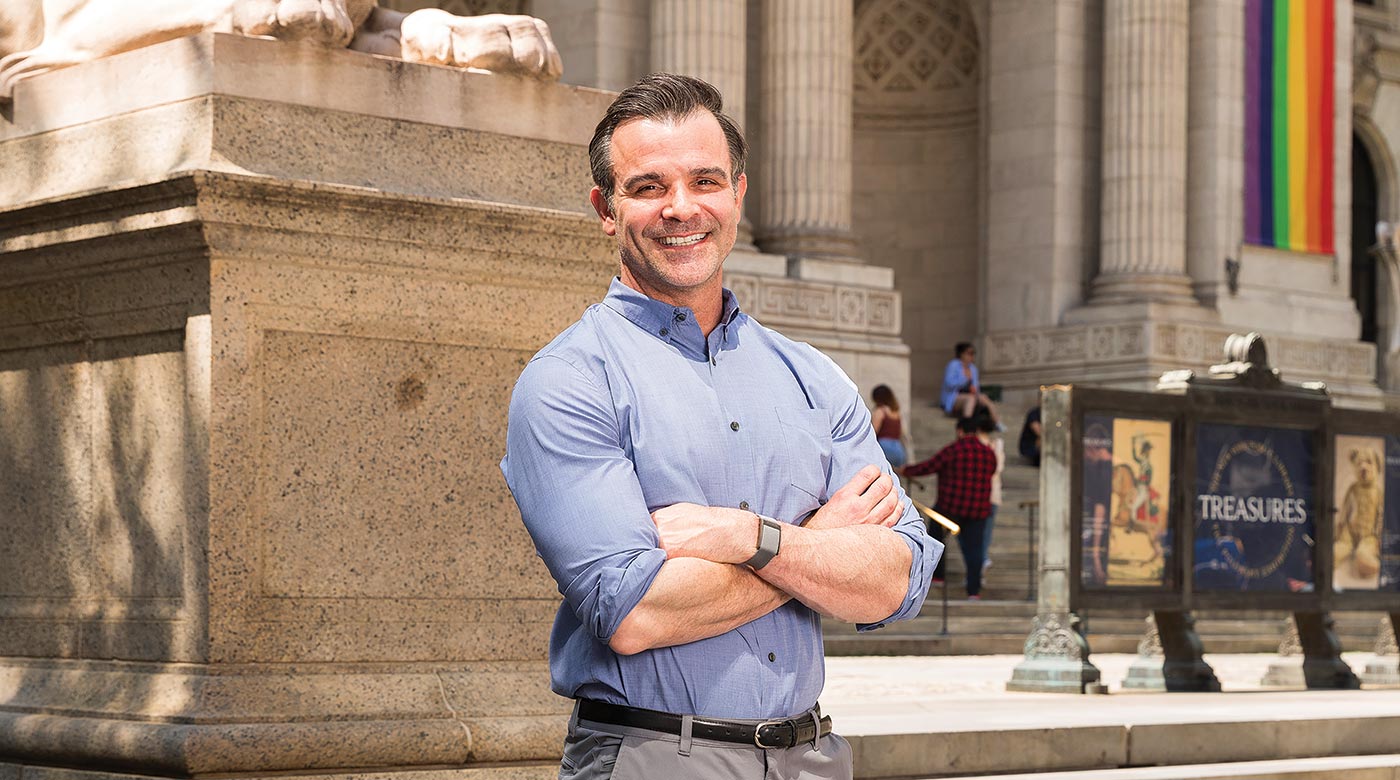
Have you ever paused to consider the profound impact that one individual’s fervor for literature can have on the literary culture of an entire city? Allow me to introduce you to the remarkable figure of **James Lenox**, a man whose deep-seated love for rare books and unwavering commitment to philanthropy significantly transformed the literary landscape of New York City. Born on **August 19, 1800**, in the bustling heart of New York, Lenox was far more than just an ordinary book collector; he was a visionary pioneer. Throughout his life, he devoted himself to the noble cause of preserving knowledge and culture, ensuring that future generations would have access to the literary treasures of the past. His efforts not only enriched the local community but also laid the groundwork for what would eventually become one of the most important libraries in the nation. Lenox’s legacy continues to inspire bibliophiles and scholars alike, reminding us of the power of passion and dedication in shaping the cultural fabric of a city.
Early Life and Background

Wealthy Beginnings
James Lenox was born into a life of affluence and privilege. His father, a prosperous Scottish merchant, amassed a considerable fortune that included several million dollars and a collection of valuable properties located in the heart of New York City. This substantial financial backing provided Lenox with a level of security that many can only dream of, allowing him the freedom to explore his interests and passions without the typical constraints that accompany financial instability. With such a solid foundation, he was able to navigate his life with confidence and pursue endeavors that truly inspired him.
Education and Career
In 1818, Lenox graduated from the esteemed Columbia College, marking a significant milestone in his educational journey. Following his graduation, he became a member of the bar, which opened the doors to a traditional legal career. However, rather than adhering to the conventional expectations of his peers, Lenox made the bold decision to delve into the fascinating world of rare books and manuscripts. This choice reflects a remarkable freedom—imagine being able to dedicate your life to your true passions without the constant worry of financial obligations or the pressure to conform to societal norms. Lenox’s journey exemplifies the unique opportunities that wealth can provide, enabling him to cultivate a legacy that would leave a lasting impact on the literary and cultural landscape.
The Passion for Collecting

What Did He Collect?
Lenox was a man of diverse interests, and his passion for collecting reflected that. His impressive collection encompassed a wide array of subjects, each piece carefully chosen to represent significant aspects of history and culture. Among the treasures he gathered were:
- Bibles, showcasing the evolution of religious texts and their impact on society over the centuries.
- A rich assortment of books focusing on North and South America, which provided insights into the continent’s exploration, colonization, and cultural development.
- Early Americana, capturing the essence of life in the early days of the United States and its formative years.
- First-person accounts of the great voyages of discovery, offering a glimpse into the adventures and challenges faced by explorers as they navigated uncharted territories.
- All editions of works by literary giants such as John Bunyan, William Shakespeare, and John Milton, whose writings have shaped the landscape of English literature.
Each item in Lenox’s collection was not merely a book or artifact; it was a vital piece of a larger puzzle that contributed to the intricate tapestry of human history and cultural evolution. The stories they told and the knowledge they contained were invaluable, making his collection a treasure trove of insights into the past.
Why Collect Rare Books?
For Lenox, the act of collecting rare books transcended the boundaries of a mere hobby; it was a profound commitment to preserving history for future generations. The excitement of holding a book that once belonged to a renowned author or discovering a manuscript that encapsulates the essence of a bygone era was exhilarating. Each volume represented a tangible connection to the past, allowing him to experience the thoughts and ideas of those who came before him. This thrill of collecting was not just about ownership; it was about safeguarding the stories and knowledge that have shaped our world, ensuring that they remain accessible for years to come. In this way, Lenox viewed his collection as a vital contribution to the ongoing narrative of human experience.
Philanthropy: Giving Back to Society

Public and Private Philanthropy
Lenox was not the type of individual to simply accumulate wealth and treasures for his own enjoyment; rather, he held a profound belief in the importance of sharing his riches with the broader community. He dedicated a substantial portion of his fortune to public and private philanthropy, driven by a vision that aimed to democratize knowledge and make it accessible to all, rather than reserving it solely for the privileged elite. His philanthropic efforts were rooted in the conviction that education and information should be available to everyone, regardless of their social or economic status, thereby fostering a more informed and enlightened society.
The Birth of the Lenox Library
In a landmark decision in 1870, Lenox took a bold step that would change the landscape of public access to knowledge. He chose to open his extensive collection to the general public, establishing what would come to be known as the Lenox Library. This library was not merely a physical structure; it represented a haven for scholars, researchers, and book enthusiasts from all walks of life. Imagine the thrill of stepping into a space brimming with thousands of rare and invaluable books, each holding stories and knowledge waiting to be discovered. The Lenox Library became a beacon of learning and culture, inviting individuals to explore, study, and immerse themselves in the wealth of information it housed.
The Consolidation of Libraries

A New Era for Libraries in New York
In 1895, a significant event occurred. The Lenox Library, along with the Astor Library and the Tilden Foundation, were consolidated to form the New York Public Library. This was a monumental step in making literature and knowledge accessible to the masses.
Impact on Future Generations
Lenox’s contributions didn’t just stop with the library. His vision inspired future generations to value literature and education. Today, the New York Public Library stands as a testament to his legacy, housing over 85,000 volumes of rare books and manuscripts.
James Lenox: A Man of Vision

What Made Him Unique?
Lenox was not just a collector; he was a visionary. His ability to see the bigger picture and understand the importance of preserving culture set him apart. He believed that books were not just objects; they were vessels of knowledge that could change lives.
Lessons from His Life
So, what can we learn from James Lenox? First, it’s essential to follow your passions. Whether it’s collecting books, painting, or any other hobby, pursue it wholeheartedly. Second, remember the importance of giving back. Your skills and resources can make a difference in someone else’s life.

James Lenox passed away on February 17, 1880, but his legacy lives on. His passion for collecting and philanthropy transformed the literary landscape of New York City. Today, when you walk into the New York Public Library, you’re not just entering a building; you’re stepping into a world that Lenox helped create.
Final Thoughts
Isn’t it fascinating how one person can impact so many lives? James Lenox’s story reminds us that our passions can lead to incredible legacies. So, what are you waiting for? Dive into your interests and see where they take you!
Table: Key Facts About James Lenox

| Fact | Details |
|---|---|
| Birth Date | August 19, 1800 |
| Death Date | February 17, 1880 |
| Education | Columbia College |
| Notable Contributions | Lenox Library, New York Public Library |
| Collection Size | Approximately 85,000 volumes |

